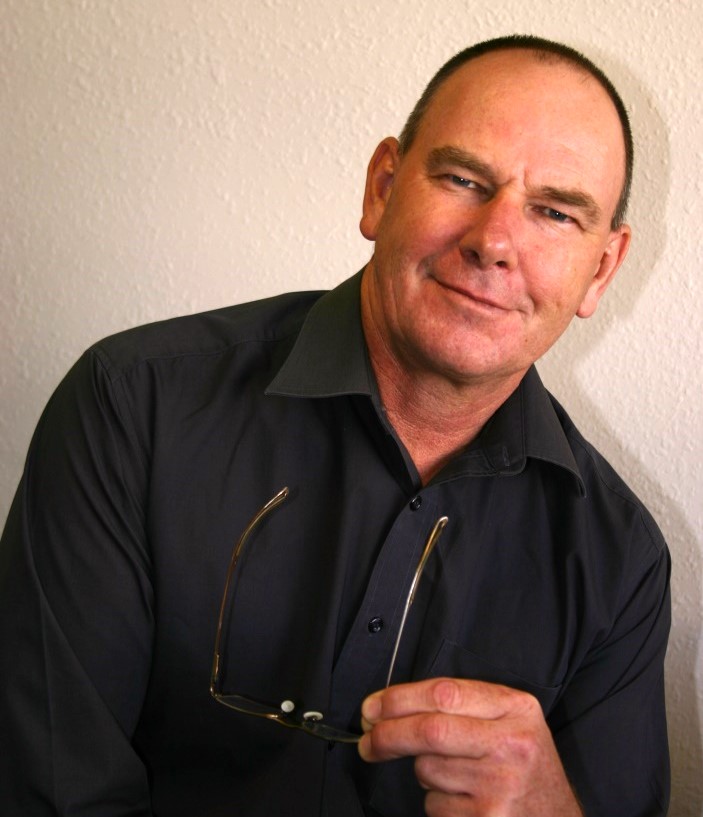Lively debate over living wage
Tension mounted at the recent Business Summit when panellists were asked how they see the proposed $18.40/hour living wage affecting small businesses.
918
Tension mounted at a recent summit in Auckland when an audience member asked panellists how they see the proposed $18.40/hour living wage affecting small businesses. Massey University academic Dr Andrew Cardow said SME employers unable to pay it “shouldn’t be in business”. His comment drew an angry response from an audience member who shouted “that’s insulting”.
Cardow later softened his stance, saying he had meant to say businesses should be “striving towards” paying the living wage. “It should be part of their business planning to pay people a reasonable income.”
The panellists were speaking at a Small Business Summit organised by Small Business Voice (www.smallbusinessvoice.co.nz).
The Living Wage Aotearoa New Zealand Campaign (www.livingwagenz.org.nz) has drawn widespread debate since its launch in February this year by a group of unions, community and faith-based organisations.
Prime Minister John Key has described the proposed living wage as “unworkable and unbelievable” arguing it will lead to job losses and higher costs for consumers.
Proponents point to research showing the proposed $18.40/hour living wage is necessary to provide workers and their families with the basic necessities of life.
At the Small Business Summit, Unlimited editor Maria Slade agreed that pay rates in this country are “appallingly low” but said the living wage is “unrealistic” and “relies on a charitable view”.
Slade said the living wage “comes at the problem from the wrong angle” and suggested pay rises be linked to higher productivity. The Warehouse, she said, had done this well by lifting the wages of staff who completed government-funded workplace literacy and numeracy programmes.
Hunter Powell Investment director Tenby Powell said Hirepool “lifted productivity out of all sight” when it introduced courses to teach staff how to read, write and do basic arithmetic when he was MD from 2003 to 2006. “It was critically important.”
Green Party spokesperson for small business David Clendon said a lot of people misunderstand what the living wage is about.
“It’s not the minimum wage: it’s an aspirational thing. It’s about a target. Wouldn’t it be nice if our economy was such that we could pay all of our employees enough to live a decent life on? Who’s against that as a notion?
“I get concerned when I hear people thinking we’re going to lock it in to legislation.”
Speaking with NZBusiness Magazine after the debate, Dr Andrew Cardow said business people need to consider the long-term consequence of a low-wage economy.
“By paying a living wage, businesses benefit because people feel a bit happier going to work. Workers have less stress and will perform better, and that will have a small multiplier effect in terms of the general economy.”
By Ruth Le Pla. [email protected]
Photo: From left: Panellists David Clendon (Green Party MP), Maria Slade (Fairfax Media), Maggie Barry (National Party MP), Andrew Cardow (Massey University), Tenby Powell (Hunter Powell Investment) & Shane Jones (Labour Party MP).





